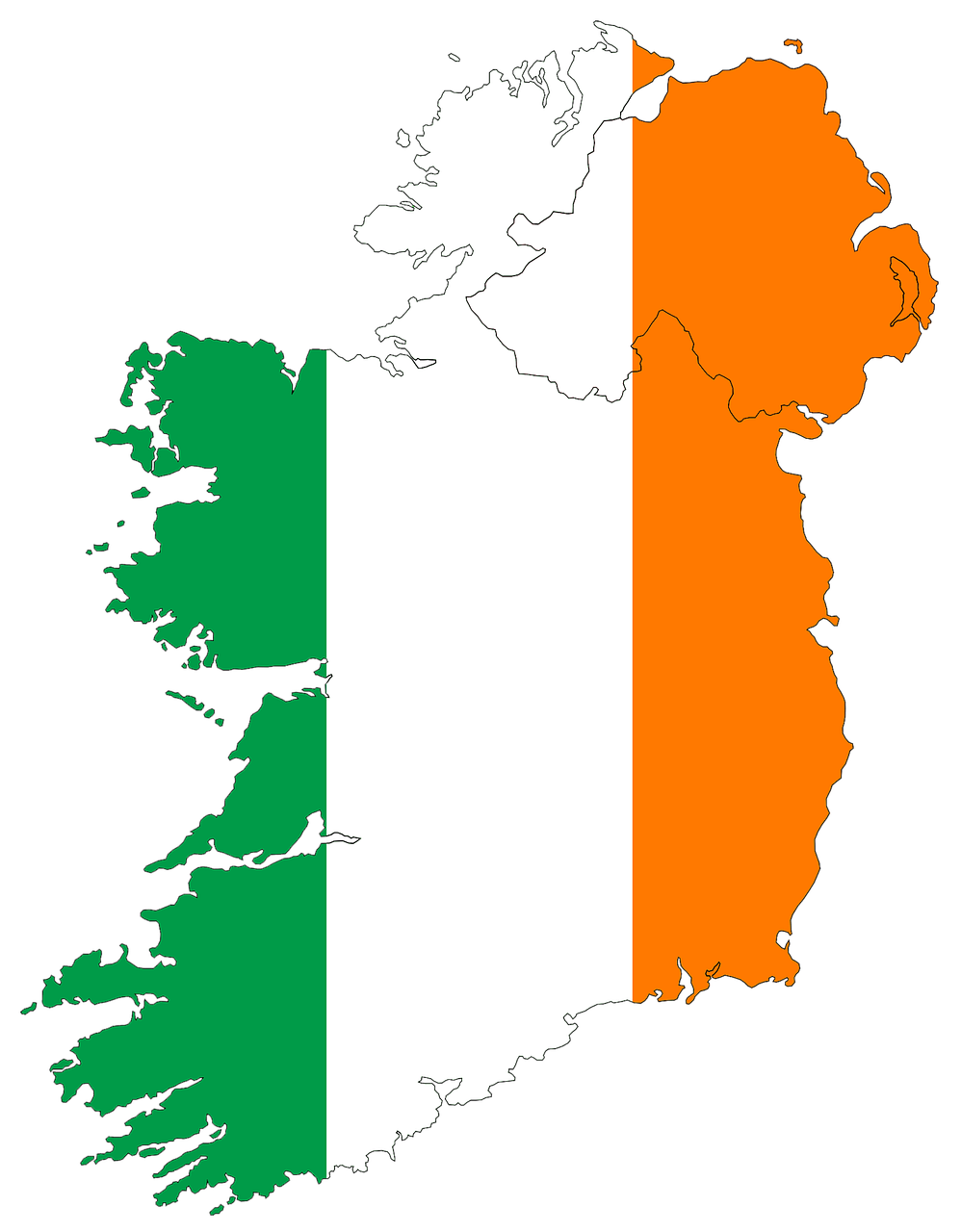As the new year approaches, we have some unfortunate news to report for certain employment-based applicants who may wish to file their petitions with premium processing service in 2024, including those filing:
- Form I-129 Petition for a Nonimmigrant Worker
- Form I-140 Immigrant Petition for Alien Worker, as well as
- Certain applicants filing Form I-765 Application for Employment Authorization and
- I-539 Application to Extend or Change Nonimmigrant Status with USCIS.
On December 28, 2023, USCIS published a final rule in the Federal Register that will increase the filing fee for Form I-907, Request for Premium Processing Service, to adjust for inflation.
The final rule states that starting February 26, 2024, the Department of Homeland Security (DHS) will increase the premium processing fees USCIS charges for all eligible forms and categories to reflect the amount of inflation from June 2021 through June 2023 according to the Consumer Price Index for All Urban Consumers.
Please note that not all petitions are eligible to request premium processing service. Applicants may only request premium processing if USCIS has specifically designated your classification as one that is eligible for premium processing service. To determine whether premium processing is available for your benefit request please review the USCIS webpage.
 Visa Lawyer Blog
Visa Lawyer Blog




